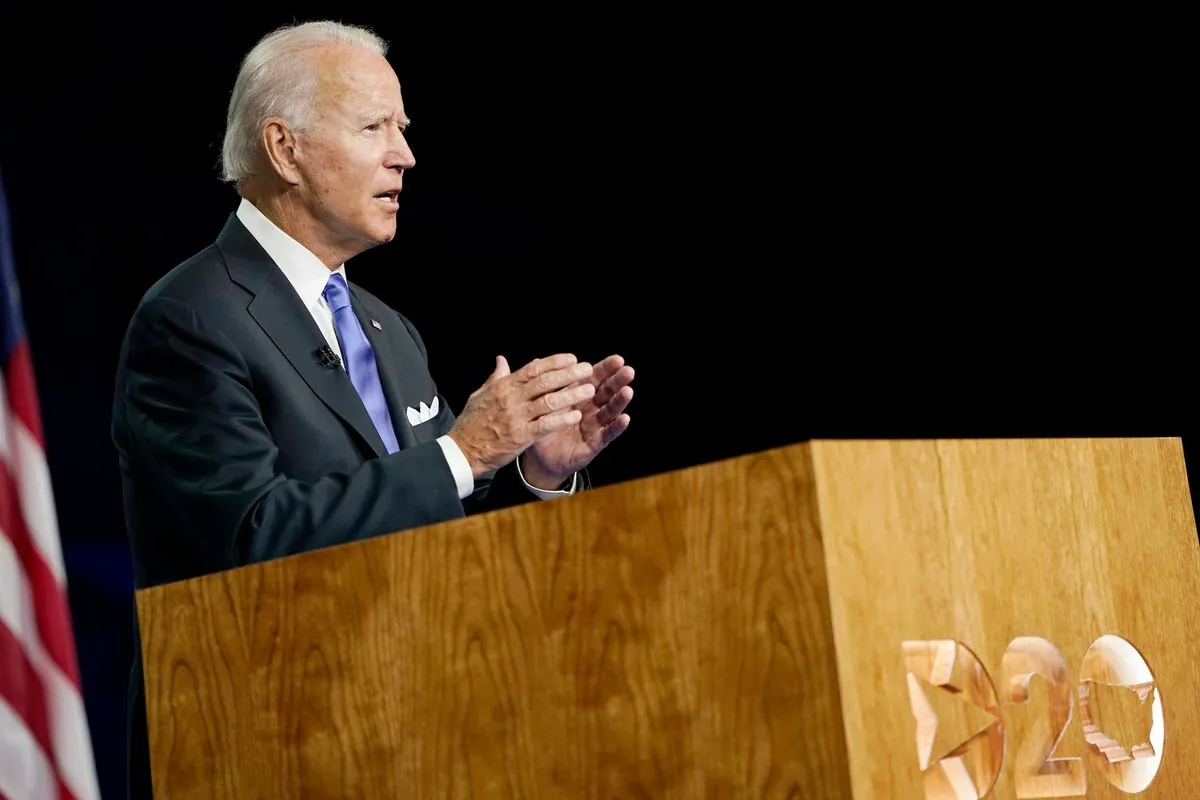In recent years, the American political landscape has been increasingly shaped by the spread of misinformation and conspiracy theories. This trend, which gained significant traction during the 2016 presidential election, has continued to evolve, presenting new challenges for voters and policymakers alike.
Eight years ago, a peculiar controversy emerged just days before the 2016 election. Hillary Clinton, the Democratic nominee, faced accusations of Satanism based on a misinterpreted email released by WikiLeaks. This incident, while seemingly absurd, foreshadowed a pattern of information manipulation that would become increasingly prevalent in US politics.
The rise of conspiracy theories in American politics has a long history, with the term "conspiracy theory" dating back to 1870. However, the digital age has amplified their reach and impact. The QAnon movement, which originated on 4chan in October 2017, is a prime example of how fringe ideas can gain widespread attention through social media platforms.
Donald Trump, a key figure in promoting controversial narratives, has consistently used a strategy of cherry-picking and misrepresenting information to create fear and outrage among his supporters. A recent example of this tactic involves claims about convicted criminals crossing the US-Mexico border.
In September 2024, Trump made alarming statements about thousands of convicted murderers being released into the United States. He claimed, "Under Kamala Harris, more than 13,099 convicted murderers... have been taken out by their countries and set free into the United States of America."
However, fact-checking reveals a more nuanced reality:
- The number cited spans decades, not just the current administration.
- It includes individuals who entered during previous administrations, including Trump's.
- The "non-detained docket" doesn't necessarily mean individuals are at large.
"ICE's non-detained docket consists of every potentially removable noncitizen the U.S. government believes is in the United States and who is not currently being held in an ICE detention center — regardless of whether they are detained by someone else."
This misrepresentation of data highlights a broader issue in political discourse. As Harvard Law School professor Lawrence Lessig warned 15 years ago, unrestricted access to government data can lead to cherry-picking information to fit specific narratives.
The US-Mexico border, spanning approximately 1,954 miles, has been a focal point for political debates. With over 400 ports of entry, managing immigration is a complex task that has challenged multiple administrations. The Department of Homeland Security, created in 2002, and Immigration and Customs Enforcement (ICE), formed in 2003, play crucial roles in this process.
It's important to note that the US has over 2 million people incarcerated as of 2024, regardless of immigration status. This context is often overlooked in discussions about crime and immigration.
The spread of misinformation is further complicated by the changing media landscape. Social media platforms have become major news sources for many Americans, and the term "fake news" gained prominence during the 2016 election. In fact, "post-truth" was Oxford Dictionaries' Word of the Year in 2016, reflecting the growing concern over the blurring lines between fact and fiction in public discourse.
As the United States approaches another election cycle, with voter turnout historically averaging around 55-60% in presidential elections, the impact of misinformation on public opinion and electoral outcomes remains a critical concern. The challenge for voters is to navigate this complex information landscape, critically evaluating claims and seeking out reliable sources.
The persistence of conspiracy theories and data misuse in politics underscores the need for improved media literacy and robust fact-checking mechanisms. As the nation grapples with these issues, the fundamental principles of democracy, including freedom of speech and press protected by the First Amendment, must be balanced with the responsibility to promote truthful and accurate public discourse.
